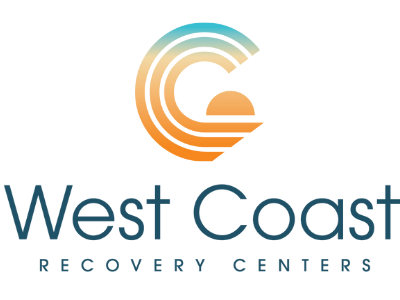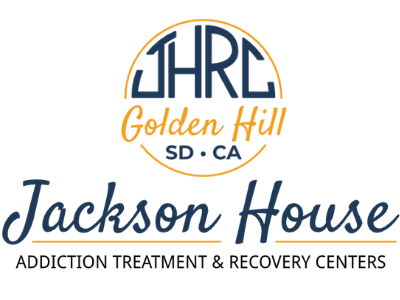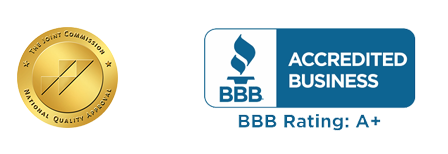West Coast Recovery Centers
Addiction and Mental Health Treatment in San Diego
At West Coast Recovery Centers, we are dedicated to providing high-quality, individualized care for those struggling with addiction and mental health issues. Our nationally accredited facility in San Diego offers a safe and supportive environment where healing and recovery can begin. With a team of experienced professionals, evidence-based treatment methods, and a holistic approach, we empower our clients to reclaim their lives and achieve lasting wellness. Discover the transformative care that sets us apart and start your journey to recovery today.
Mental Health and Addiction Recovery Programs
We understand that every individual's path to wellness is deeply personal and unique. At West Coast Recovery Centers, located in San Diego, we offer specialized care designed to support you on your journey. Our experienced team can help you determine which level of care is best for you.

For individuals looking for a gradual transition back to daily life after residential treatment, West Coast Recovery Centers is the perfect solution. Our partial hospitalization and intensive outpatient programs help clients reclaim independence and establish new rhythms before returning home.

Jackson House Addiction Treatment & Recovery Centers offers refuge to those who seek residential addiction treatment. Our science-backed methods help our clients safely detox and achieve lasting sobriety.

From several locations in Southern California and Oregon, Jackson House administers 24/7 care for individuals experiencing unrelenting mental health symptoms or a mental health crisis. Through our residential treatment program, we aim to equip clients with helpful skills that enhance their overall well-being.
If you are unsure which program is best for you, give us a call today. A member of our West Coast team is ready and available to answer your questions and point you in the right direction.
San Diego Addiction Recovery Services
When it comes to addiction recovery, we believe in treating the whole person–not just curbing unwanted behaviors. We take a well-rounded approach to addiction treatment that includes both evidence-based and holistic methods for sustainable recovery. Grappling with addiction is no easy feat. We recognize the courage it takes to seek help, and we’re here to support you every step of the way.
Mental Health Treatment in San Diego
Dealing with mental illness can often feel isolating and lonely, but you don’t have to go through it alone. Our empathetic and experienced staff is dedicated to providing personalized care through both science-backed and holistic modalities. We’ve made it our goal to create a supportive and nurturing environment where you can feel safe and understood as you navigate the intricacies of your own mind.

Alternative Therapies
We believe in the power of alternative therapies to complement traditional treatment methods. Our offerings include expressive art therapy, mindfulness and meditation training, breathwork, trauma-informed yoga, and music therapy. We also incorporate adventure therapy activities such as hiking, walking on the beach, and visiting meditation gardens. These therapies provide creative and physical outlets for healing and self-discovery. They also offer opportunities for connection, fun, and levity during a challenging season.

Supportive Community
Located in San Diego, we are part of one of the country's most robust mental health and addiction recovery support networks. Our clients receive easy access to 12-step, SMART, and Refuge recovery programs. There are plenty of options for community support, and unlike other facilities, our clients get to choose where they want to get involved. We believe that community is vital for lasting well-being, and we strive to create a nurturing environment where everyone feels connected.

Serene Location
Our rehabilitation center is located in Oceanside, a coastal town in San Diego's North County. Within walking distance, you'll find sunny beaches, abundant job opportunities, and convenient public transportation.

Gender-Affirming Care
Your gender identity is important to us, and we aim to treat all our clients with the utmost respect. Our staff is well-trained in LGBTQ+ matters and committed to honoring your identity. West Coast Recovery Centers offers gender-inclusive treatment programs to ensure safe and comfortable spaces for all clients.
Insurance
Anthem/Blue Cross
Blue Shield
Cigna
ComPsych
Sharp Health Plan
TriCare West
TriWest
United/Optum/UMR
We are fully accredited and licensed

We work with most major insurance companies on an in-network basis.



